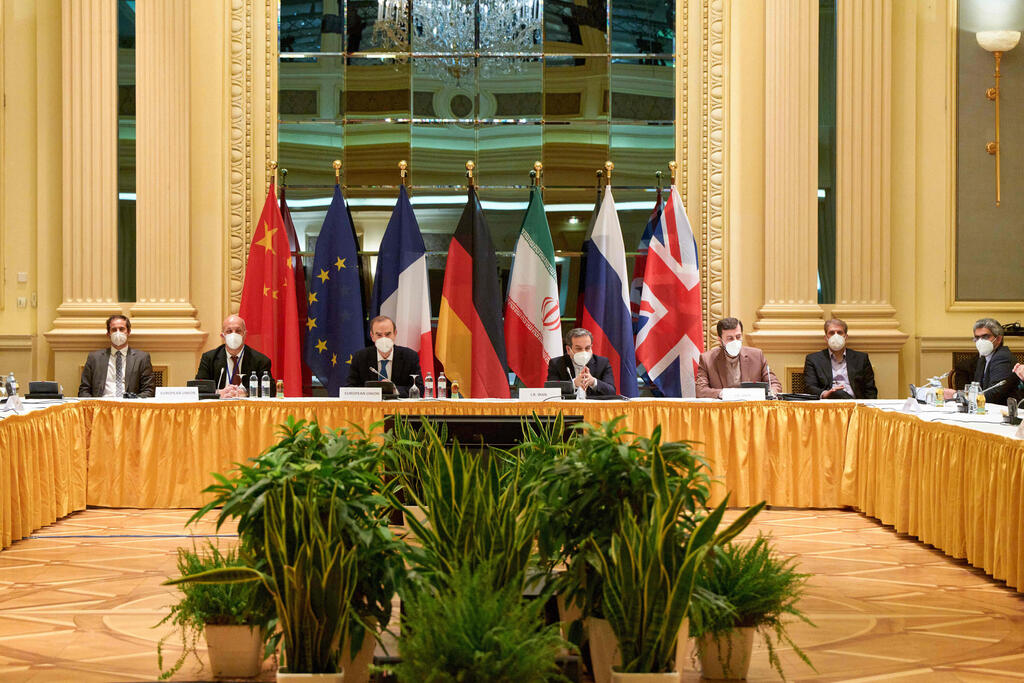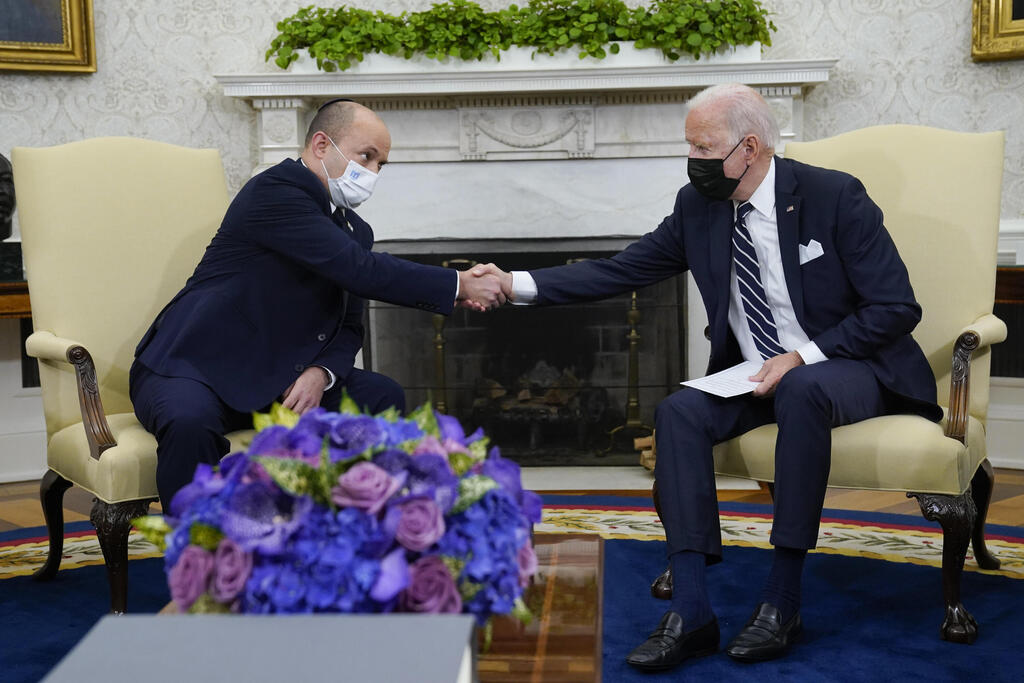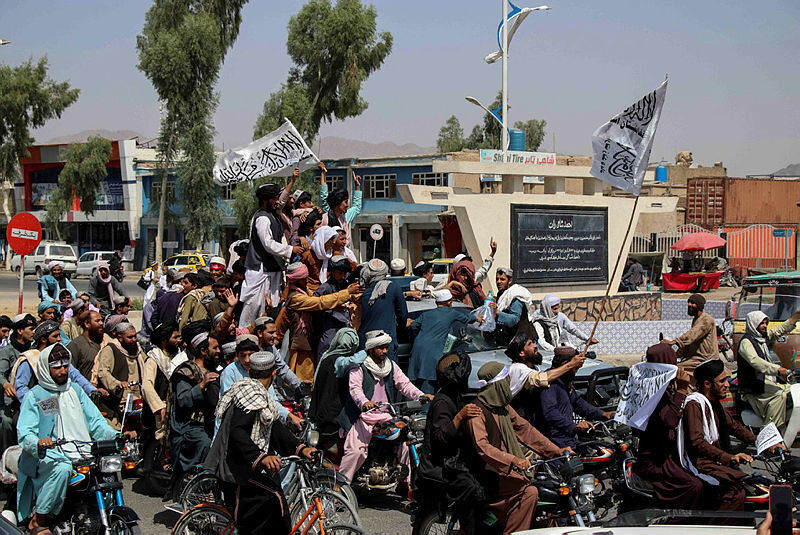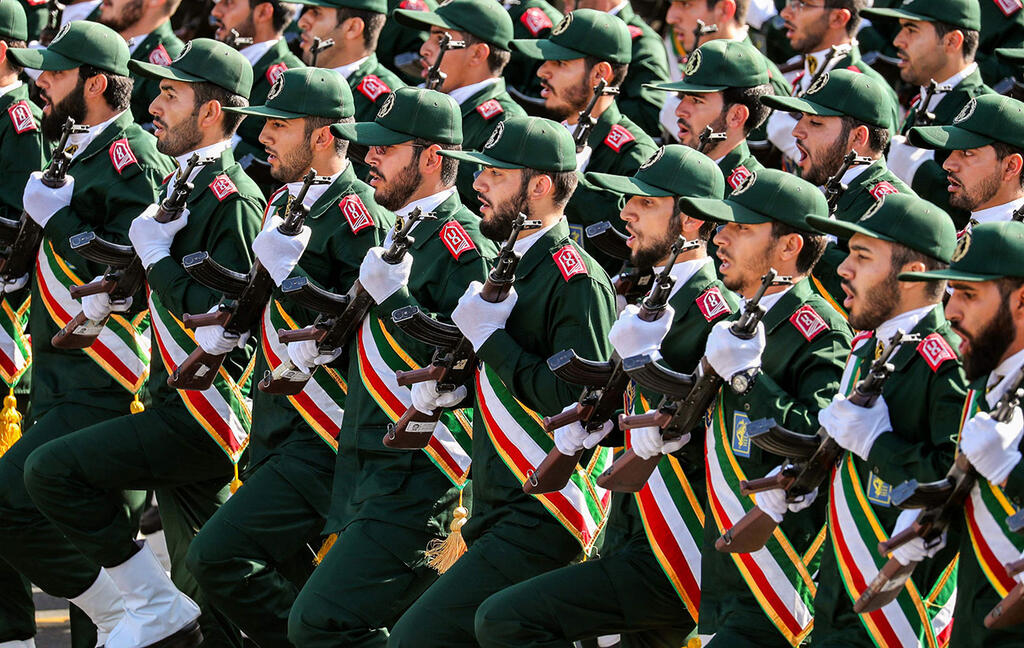Getting your Trinity Audio player ready...
The U.S. withdrawal from Afghanistan, which was completed at the dead of night with the last soldier boarding a plane that took off from Kabul, is a great concern for Israel about the tangible danger inherent in another possible U.S. withdrawal — this time from Iraq.
A hasty and uncontrolled withdrawal, one that is insufficiently planned, could lead to the total collapse of Iraq into a sectarian war. The sad result could be Iran shoring up its military, political and terrorist presence within the country.
The Iranian presence in the northern Middle East, combined with a possible U.S. withdrawal and the horrifying sights coming out of Afghanistan following its over-too-quick fall to the hands of the Taliban, requires Israelis to prepare for the possibility that a similar move by the Americans in Iraq could lead central parts of the already fragile Middle East to collapse.
Even as these lines are being written, Iran is deploying terrorist elements all over the world, targeting Western forces, even outside the Middle East.
Iran did not stop for a moment in its attempts to entrench itself in our region. It arms Hezbollah in Lebanon. The Revolutionary Guard are keeping a lively presence in Syria and are helping to bring weapons into the country as it continues to produce them independently.
The disturbing Iranian presence leans on two main elements — the Popular Mobilization Forces which seeks to unite the divided country and an impressive presence of the Revolutionary Guard.
U.S. President Joe Biden's decision on the withdrawal from Afghanistan and its collapse into Taliban hands come alongside an equally dramatic process — talks between world powers and Iran to revive the tattered nuclear deal.
Between the withdrawal and the uncompromising U.S. desire to establish a dialogue with Iran on the nuclear agreement, Israel stands at a critical juncture.
Both of these dramatic events are affecting its ties with powerful elements in the Middle East, in Russia, in Europe and especially in the United States.
The main questions that Israel must ask its partners, and from there derive its national strategy, relate mainly to drawing in-depth lessons from the process. We must learn from these events and draw up a new policy.
4 View gallery


Members of 2015 Iran nuclear deal attending a meeting at the Grand Hotel of Vienna as they try to restore the pact, April 17, 2021
(Photo: AFP)
As for the nuclear deal, all world powers know and accept that Iran will continue to pursue and develop advanced nuclear capabilities, both through underground enrichment facilities, especially the two in Fordow and Natanz, and also through advanced fuel enrichment technologies, chief among them the development of state-of-the-art centrifuges.
In light of Biden's announcement at the successful meeting with Prime Minister Naftali Bennett that he will never allow Iran to have military nuclear capabilities, we must challenge the existing agreement.
It grants Iran carte blanche to advance its nuclear program with the consent of world powers and only temporarily restricts some parts of the Iranian program until the agreement's sunset clause kicks in.
That is why Israel and its leaders must devise an updated, comprehensive strategy and set clear diplomatic goals.
4 View gallery


Prime Minister Naftali Bennett and U.S. President Joe Biden meet at the White House
(Photo: AP)
We must demand a stable Middle East that neutralizes the Iranian presence throughout the region to the best of its ability and which does not allow Iran to become a nuclear country.
Thanks to the good relations between Jerusalem and Washington as well as between Bennett and Biden, these messages may be welcomed into the hearts of U.S. policymakers.
Yossi Cohen is a former director of the Mossad intelligence agency



